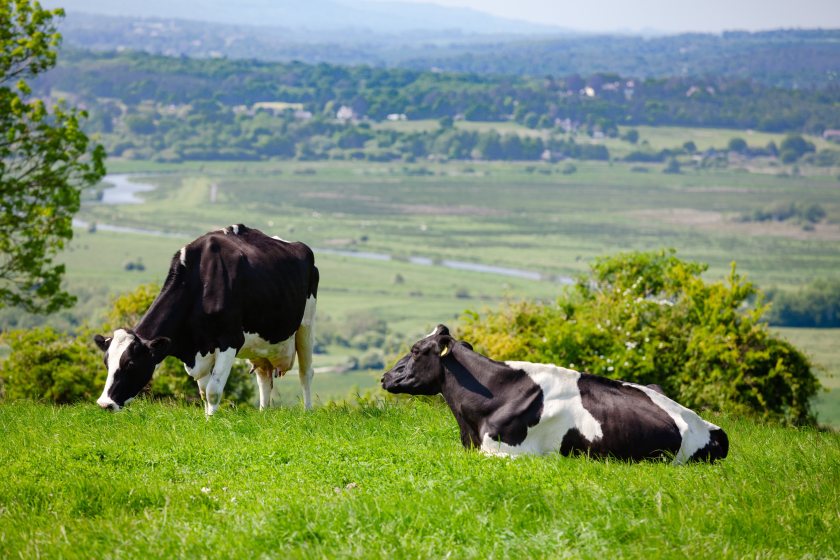
New regulations have been laid which aim to stamp out rogue milk purchasing businesses from abusing their position and exploiting farmers.
The Fair Dealing Obligations Regulations, first announced in June 2023, aim to promote fair business between milk producers and purchasers.
The legislation seeks to bolster the good practice many milk purchasing businesses have developed and acted upon since the introduction of the Voluntary Dairy Code in 2012.
The commencement of the regulations has a date of 9 July 2024 for any new milk purchasing contract.
Concurrently, a period of transition to compliance for existing contracts is to be completed by the 9 July 2025.
The Farmers' Union of Wales (FUW) welcomed the news, saying it was hopeful that there would now be a fairer foundation for selling milk across Britain.
FUW Milk Committee Chair, Brian Walters said: “The voluntary dairy code was established to stamp out unfair contractual arrangements between milk producers and purchasers which could in turn help stabilise the UK dairy industry.
“Despite many processors supporting the values of the voluntary dairy code, the lack of legislation meant that some processors continued with unfair and underhanded contractual expectations leaving dairy farmers extremely vulnerable to market changes.
“Processors will now be required to review their contracts over the next twelve months in order to become compliant with these regulations."
The NFU said the new regulations marked a significant step forward in the government’s efforts to increase fairness and transparency in the dairy supply chain.
It said: "Unfair milk contracts have held British dairy businesses back, and these changes will give dairy farmers much needed business security and confidence, as well as helping to share risk along the dairy supply chain."
